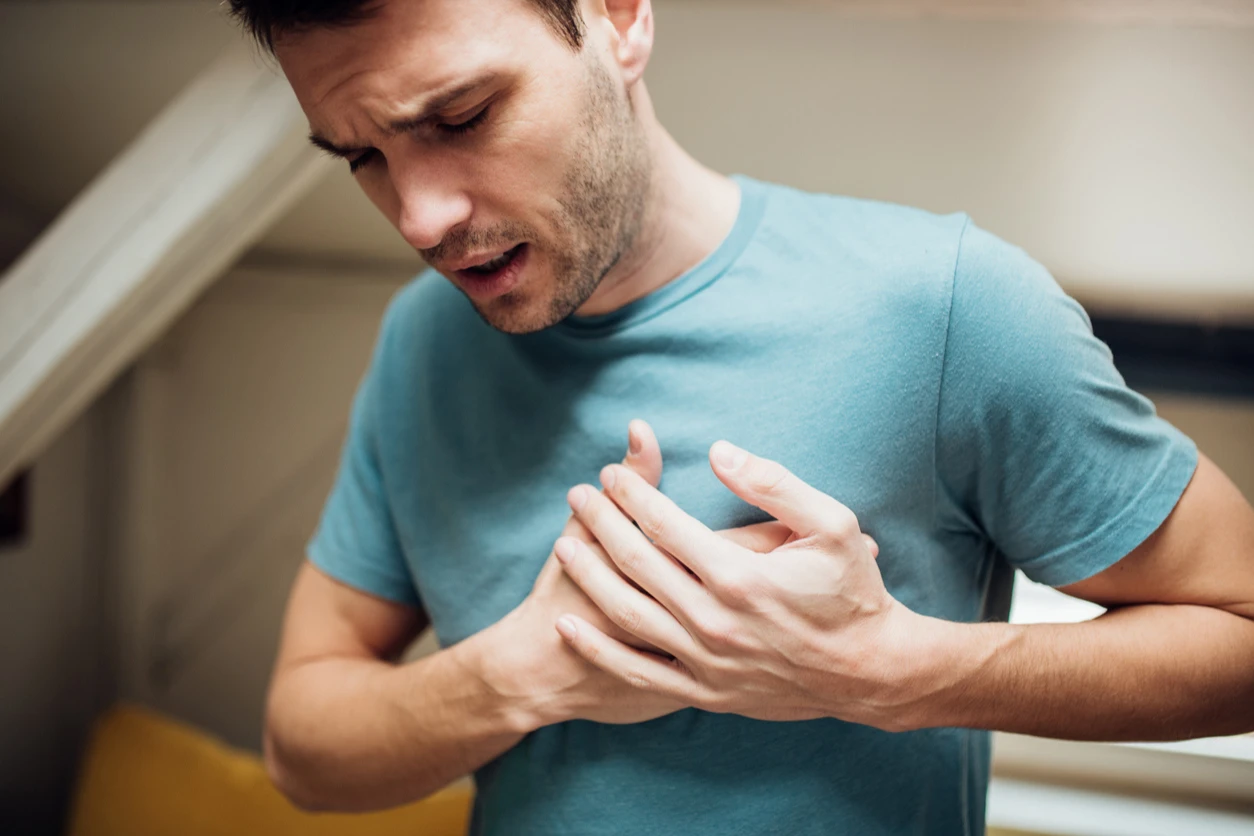
Addiction is many things and effects many lives in different ways but first and foremost it is essential to accept that addiction is a debilitating and destructive brain disease. Unfortunately, there are still many people who believe that addiction to drugs and alcohol is a weakness or indicates a lack of self-control, but it is high time that we as a society changed that perception.
If we are ever going to tackle the problem of substance use disorder, people need to gain a better understanding of the disease model of addiction so that they can change their attitudes towards people with addiction and be part of the solution rather than the problem.
What Classifies Addiction As D Disease
Drug and alcohol addiction is now defined as a disease by the Department of Health, treatment centres and the majority of medical professionals. Addiction is a disease that is typically caused by a combination of biological, environmental and behavioural factors.
There are people who can take drugs once or twice in their lives and do not turn into addicts. But it is important to remember that addiction does not happen overnight, and drug abuse has a cumulative effect and will become progressively worse over time. Unfortunately, there are people who have a biological predisposition to addiction or have environmental factors in their lives that make them more susceptible to substance use disorders. And of course, genetic factors also play a significant role in alcohol addiction and drug abuse. When once or twice in your life turns into once or twice a week, then it is addiction and it is a problem.
The disease model of addiction indicates that substance abuse disorders involve changes in the way the brain functions and interacts with the rest of the body. If left untreated, drug abuse and addiction will escalate and typically lead to physical and mental health disorders, like depression, heart disease and cirrhosis of the liver, that require their own specialised medical attention and treatment. Untreated substance use disorders will also become more and more severe until the problem reaches a point where it is, at best, destructive and debilitating and, at worst, life-threatening.
People who believe that addiction is a choice need to understand that drugs and alcohol create a physical dependency and that nobody wants to be an addict or sets out to have their lives consumed and controlled by drugs and alcohol. The sad reality of addiction is that over time the addicted person becomes physically dependent on drugs or alcohol that they can’t do without their fix and will experience withdrawal symptoms when they are deprived of the substance that they have habitually been abusing. The good news for people living with addiction is that in the same way that chronic diseases like diabetes, asthma and heart disease, can be treated and managed, so can the disease of addiction.
The Effects That Prolonged Substance Abuse Has On The Brain
Addiction is a disease and most drugs create physical changes in the brain, altering the regions that are responsible for motivation, sound judgement, and memory. This makes it extremely difficult for the addicted person to stop abusing drugs or alcohol even when they know it has a number of negative side effects, including inhibiting their ability to make rational decisions and damaging their physical and mental health.
Feelings of pleasure, reward and contentment are caused by the release of certain chemicals, most significantly dopamine, in the brain. Using addictive drugs and drinking alcohol releases high levels of these chemicals and the more the brain is exposed to these substances the more it will associate drug use with intense feelings of pleasure and reward. Long-term abuse of addictive drugs also reduces the number of dopamine receptors in the brain and this, in turn, leads to less enjoyment of normal activities that give most people pleasure, a decrease in self-control and an increase in impulsive behaviour.
Long-term substance abuse also erodes the grey matter in the prefrontal cortex of the brain, reducing the addict’s ability to consider the consequences of their actions in a reasonable and rational manner. By constantly raising the dopamine in the brain to unnatural levels, the body becomes physically addicted and reaches a point where only drugs or alcohol can produce the dopamine levels that their body requires to function. The addiction may start off as a choice, but it soon develops into a physical compulsion and the addicted person will experience intense cravings, eventually going to any lengths to satisfy their addiction, destroying relationship, careers and ultimately their lives.
The Implications Of The Disease Model Of Addiction For Addicts
It is vitally important to recognise addiction as a brain disease so that addicts can get the treatment they need. The way that we perceive addiction has a significant influence on the way that we treat both the condition and the addicted person. Addiction is not about will power or a lack thereof, and the more we understand addiction and accept that it is a chronic brain disease, the more we will focus on the cure and providing effective long-term treatment, rather than assigning blame.
Understanding that addiction is a disease can help treatment centres and medical professionals, treat withdrawal symptoms effectively and enable people with addiction to detox safely. And, as is the case with other chronic diseases, relapses are a normal and expected part of the process. This means that repeated treatments are often required to achieve long-term success.
With The Right Approach & Treatment Addiction Can Be Beaten
At Action Rehab, we wholeheartedly subscribe to the opinion that addiction is a disease and needs to be treated as such. There is no quick and easy way to deal with addiction and every addict requires ongoing support to avoid a relapse. Without the support of a drug treatment program or centre it is almost impossible to beat addiction and remain drug-free. The most effective treatment programs for addicts use a holistic approach when treating substance use disorders. Your decision to enter a treatment centre could save your relationships, friendships and career, not to mention your life.
Call Action Rehab today on 0151 268 6992 to get help and live a drug-free life.
Posted on Monday, June 3rd, 2019 at 3:56 pm in Addiction.






 Call Us
Call Us Contact Us
Contact Us